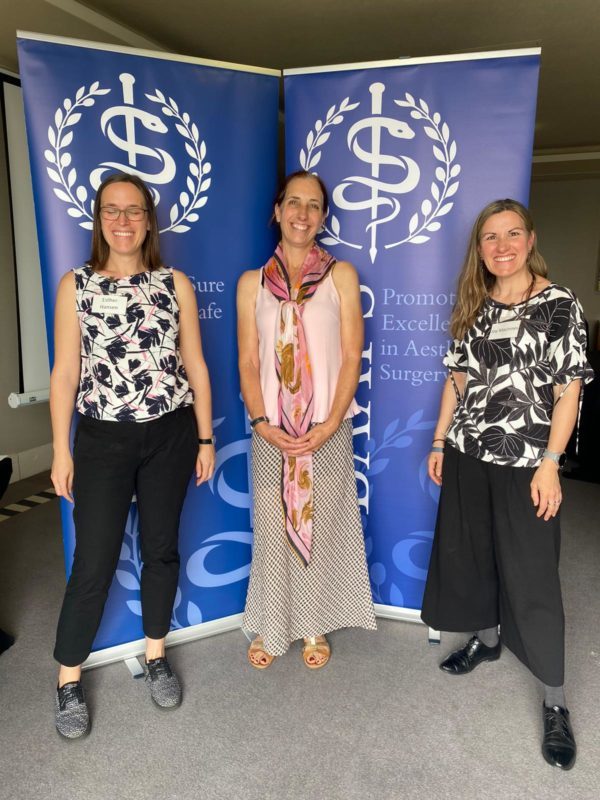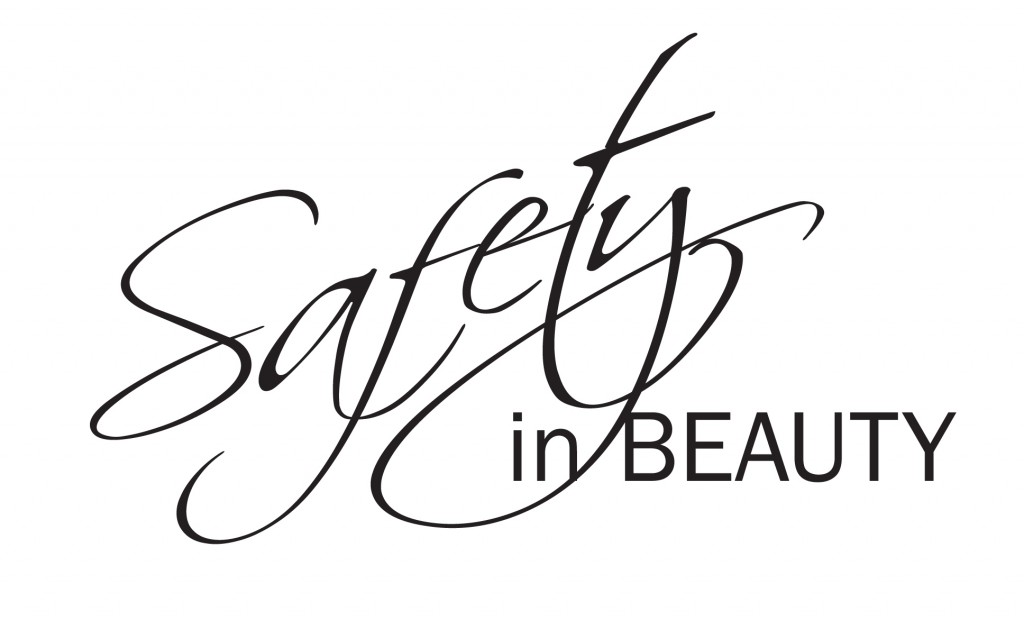 LONDON, July 8, 2021. The British Association of Aesthetic Plastic Surgeons (BAAPS); the UK’s only organisation solely dedicated to advancing safety, education, innovation and excellence in cosmetic surgery; have launched a psychology course aimed at developing the psychological skills of surgeons.
LONDON, July 8, 2021. The British Association of Aesthetic Plastic Surgeons (BAAPS); the UK’s only organisation solely dedicated to advancing safety, education, innovation and excellence in cosmetic surgery; have launched a psychology course aimed at developing the psychological skills of surgeons.
“Psychological Skills for Surgeons”, is a 4-part programme geared toward improving surgeons’ understanding of patient psychology.
The day-long programme has been developed by clinical health psychologists Dr Joy MacInnes and Dr Esther Hansen and endeavours to equip surgeons with the necessary skills to respond to psychological factors in patient consultations.
“Carrying out a thorough psychological assessment before any surgery is crucial” says BAAPS Council Member Caroline Payne. “One of the hardest things to deal with is how to say no to patients and this course teaches us how to set those boundaries, when to ask for second opinions, when to ask for onward referrals. As plastic surgeons it is crucial to have a real insight into the psychological as well as surgical aspects of caring for patients undergoing aesthetic surgery and an appreciation of when referral to a clinical psychologist may be in a patients’ best interests rather than surgery.”
The course is divided into 4 sections and covers a series of didactic lectures and face-to-face interactions, all with the aim of improving surgeon’s understanding of patient psychology.
The first half of the programme centres on the patient-surgeon relationship. It aims to uncover the aspirations of the patient in order to allow surgeons to effectively manage expectations.
The second part is focused on exploring what the patient considers to be the physical function of surgery. It explores the psychological impact of surgery and considers the psychosocial expectations of the patient, addressing how to set boundaries with regard to onward referrals and second opinions.
The applied psychological theory covered in parts one and two will be put into practice in the latter half of the programme. Using actors to enact scenarios, surgeons will be tested on their ability to respond to patients’ evolving understanding of surgery, factoring in how to adjust their decision making according to behavioural changes.
The final part of programme will address how to respond to psychosocial factors, including dissatisfaction with surgery, psychological distress and mental health concerns, both previous and ongoing. Part 4 will also delve into the topic of body dysmorphia, how to set up a framework for assessment and onward referral to a psychological professional.
Picture shows L-R Dr Esther Hansen: Clinical Psychologist
Caroline Payne: BAAPS Consultant Plastic Surgeon
Dr Joy MacInnes: Lead Clinical Psychologist for Surgical Pathways
For more information visit www.baaps.org.uk
